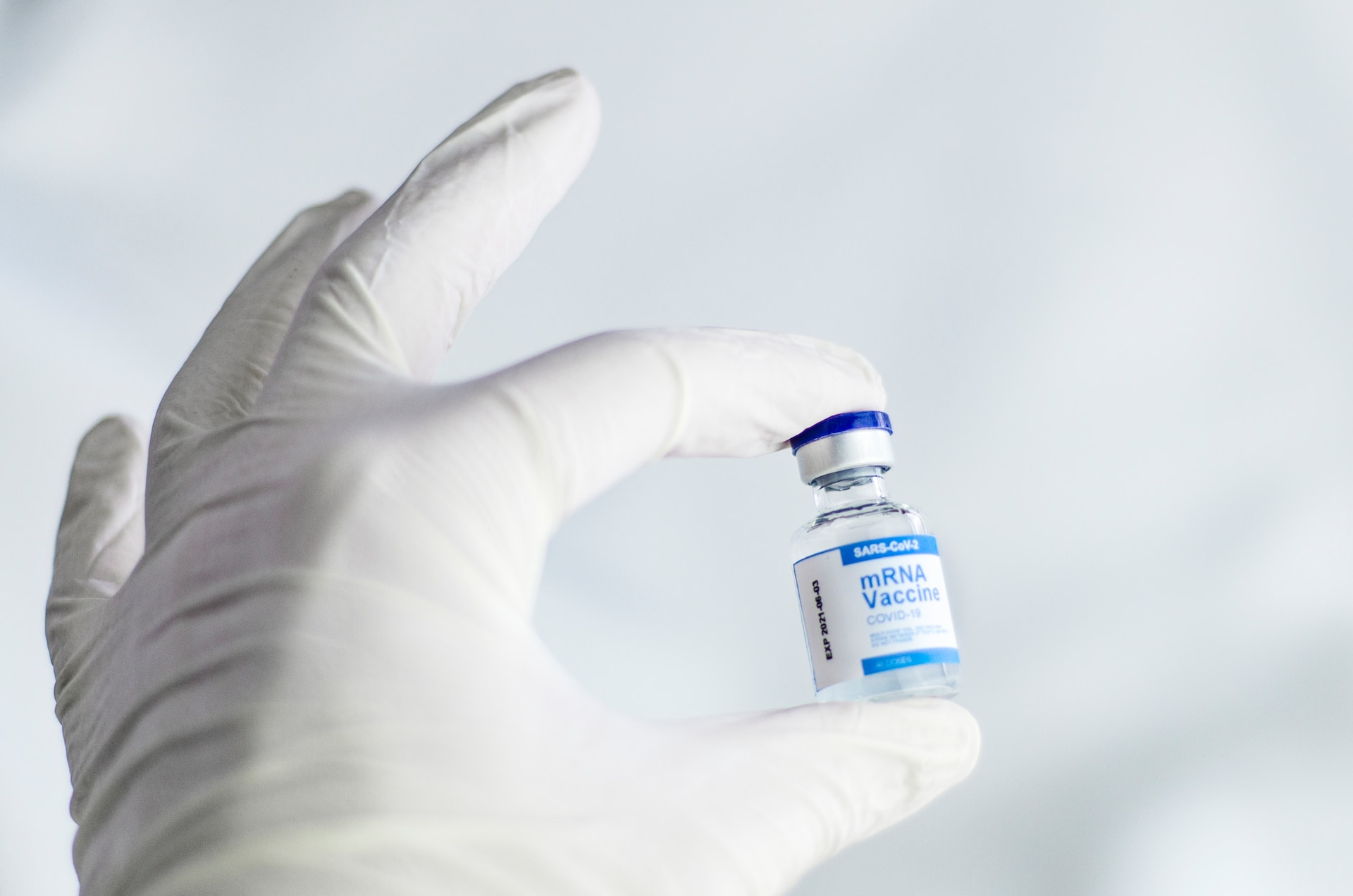The ability to program mRNA with genetic code to treat or prevent diseases opens up new possibilities for global health. However, bringing these advanced therapies to the clinic and market will require a robust quality-by-design framework.
Biotechnology developers need a partner to deliver the right solutions for every step in the mRNA workflow. Many offer a suite of modular platforms designed to streamline operations and contain study, manufacturing, and storage costs.
Contents
Cost-Effectiveness
mRNA vaccines are an attractive technology for many medical applications, but their costs must be reduced to enable mass production and commercialization. This will require further refinement of IVT-based manufacturing processes, enabling greater process integration and using advanced modeling and analytical technologies to improve productivity and quality.
Unlike most other biologicals manufactured using cell cultures, mRNA can be produced biosynthetically without complex cell culture operations. This makes it an ideal candidate for continuous processing, reducing costs and providing greater flexibility. The relative simplicity of mRNA also makes it well suited to microfluidic platforms, where reaction rates can be accelerated under specific conditions and reactions can be separated into cascades. This will help to minimize the use of expensive reagents and make it easier to monitor product kinetics.
The most cost-effective way to manufacture mRNA is to encapsulate it in fat particles known as lipid nanoparticles (LNP). These can protect mRNA from degradation and help it deliver its therapeutic message to cells. mRNA vaccines are then given into the body via a carrier protein. This method allows mRNA to bypass the immune system’s inflammatory response and enter the target cell more effectively than conventional vaccines.
PPD has extensive experience developing mRNA vaccines, including the COVID-19 pandemic vaccine. It has developed several innovative technologies for developing and characterizing mRNA vaccines and is working on several new-generation products. In addition, it has the resources and capabilities to meet the unique demands of mRNA vaccines, such as cold chain storage.
Scalability
Unlike other vaccines, mRNA can be produced by in vitro transcription (IVT). This is a process that requires no cell culture and produces a high level of purity. However, it has many challenges that need to be addressed. For example, the mRNA must be delivered into lipid nanoparticles (LNPs) for effective transfection into cells. The lipids enhance stability, structural flexibility and allow active targeting. They can also evade RNase degradation and increase the transfection rate compared to naked mRNA. Additionally, they are less susceptible to degradation by heat, cold, and other environmental factors.
Another challenge is scalability. The IVT process requires multiple chromatographic steps and is expensive. In addition, the mRNA must be processed in a temperature-controlled facility. This is costly and can lead to bottlenecks in the process. In addition, the mRNA is fragile and susceptible to mishandling or accidents. Therefore, it must be stored at ultra-low temperatures and carefully handled during transportation.
Using single-use technology can dramatically reduce these barriers and facilitate the scalability of mRNA manufacturing. This technology can streamline processes, mitigate contamination risks and reduce costs. Furthermore, it can adapt to surges in demand by enhancing production efficiency and quality. Moreover, it can promote the expansion of mRNA technology toward new therapeutic modalities. This will accelerate the development of life-saving mRNA vaccines and therapeutics.
Reliability
The reliability of mRNA manufacturing directly impacts the quality of a final product. This is especially important since vaccines and therapeutics based on mRNA must be transported under very low temperatures. This requires manufacturers to have access to reliable cold chain storage. Moreover, mRNA needs to be carefully handled to avoid mishandling and accidents.
The production of mRNA is complex, and the process must be performed in GMP-compliant conditions. It involves several steps, including plasmid template preparation, in vitro transcription, and mRNA purification. In addition, the mRNA must be capped and decapped to improve translation efficiency. This is a challenging task, and the production costs are high.
As a result, the development of mRNA vaccines and therapies is a risky undertaking for developers. In the event of a production failure, a company may be forced to delay production and increase its costs. This can lead to a significant loss of investor confidence. To address these issues, the industry is looking for solutions that can improve mRNA manufacturing efficiency. One such solution is single-use technology, which reduces the risk of contamination and streamlines workflows.
In addition, single-use systems can increase productivity and flexibility, making them ideal for mRNA manufacturing. By reducing contamination risks, they also make it easier to adapt to surges in demand. For example, they can help reduce the time needed for mRNA purification. This can save money and prevent delays in clinical trials.
Flexibility
mRNA technology allows scientists to ‘teach’ cells to make proteins, allowing for the rapid development of vaccines and therapies. This method is much faster than the traditional process of creating therapeutic proteins in bioreactors. It also offers a more adaptable approach to gene therapy. MRNA could help scientists develop drugs that span cell membranes or act inside the cell, which would be impossible using traditional gene therapy methods.
Unlike classical protein production, mRNA is produced via an in vitro synthesis process that eliminates the need for time-consuming cloning and amplification steps. This reduces contamination risks and streamlines workflows. In addition, the production process is scalable, as it only requires a small quantity of starting material for each target protein. This makes mRNA an attractive alternative to existing protein vaccines.
The mRNA is then encapsulated into lipid nanoparticles for safe delivery to cells. These lipid particles increase the transfection rate, resist RNase degradation, and enable active targeting if ligands are added. However, mRNA is a fragile molecule susceptible to temperature extremes and requires particular cold-chain logistics.
Currently, mRNA production is slow and costly due to a need for robust, scalable processes. Efforts to improve the process are ongoing, including continuous processing and single-use systems to mitigate risk and complexity. However, the success of mRNA manufacturing will be largely dependent on future industrial cooperation and collaboration.



